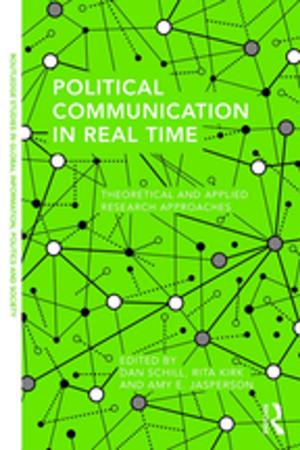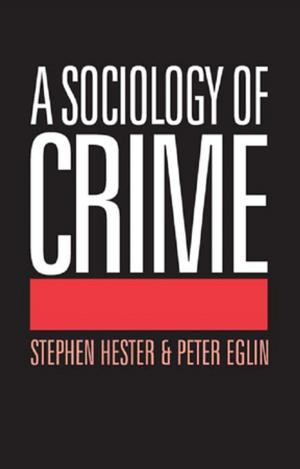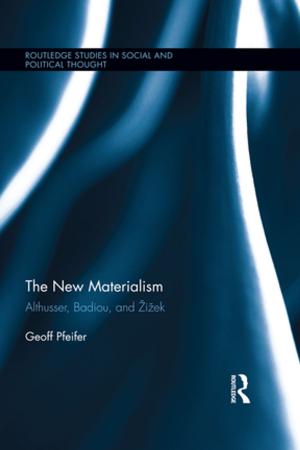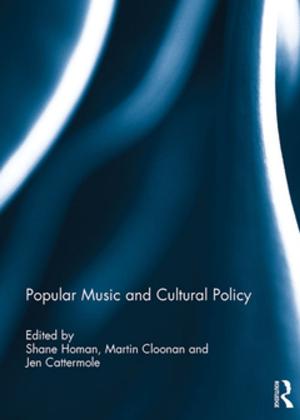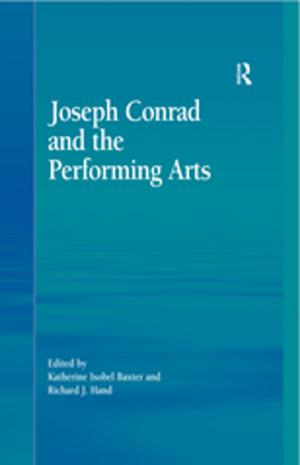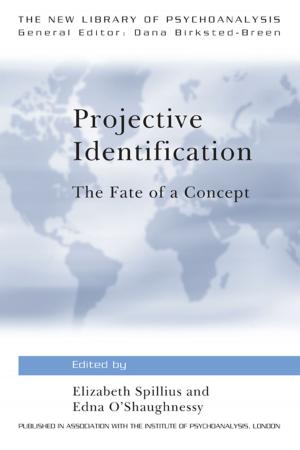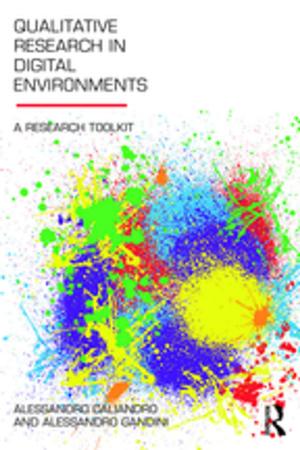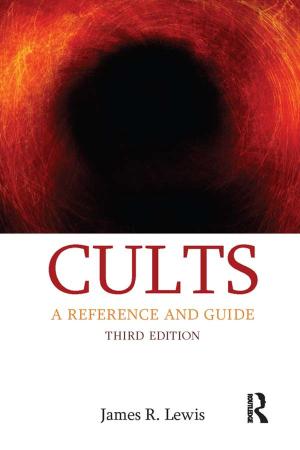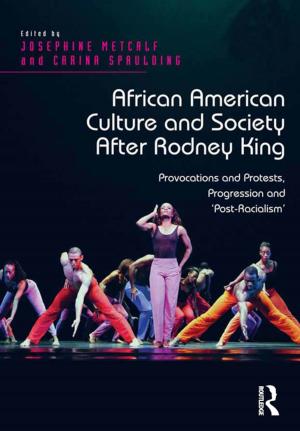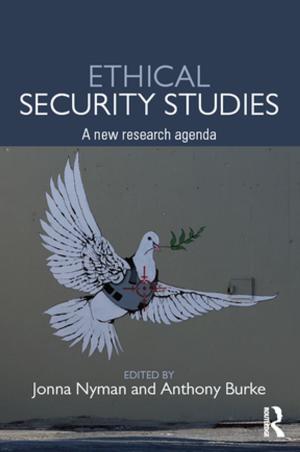| Author: | Andrew Strathern, Pamela J Stewart | ISBN: | 9781317346968 |
| Publisher: | Taylor and Francis | Publication: | July 2, 2015 |
| Imprint: | Routledge | Language: | English |
| Author: | Andrew Strathern, Pamela J Stewart |
| ISBN: | 9781317346968 |
| Publisher: | Taylor and Francis |
| Publication: | July 2, 2015 |
| Imprint: | Routledge |
| Language: | English |
For courses in Social Organization, Kinship, and Cultural Ecology.
Kinship has made a come-back in Anthropology. Not only is there a line of noted, general, introductory works and readers in the topic, but theoretical discussions have been stimulated both by technological changes in mechanisms of reproduction and by reconsiderations of how to define kinship in the most productive ways for cross-cultural comparisons.
In addition, kinship studies have moved away from the minutiae of kin terminological systems and the “kinship algebra” often associated with these, to the broader analysis of processes, historical changes and fundamental cultural meanings in which kin relationships are implicated. In this changed, and changing context both Andrew Strathern and Pamela J. Stewart -- both of the University of Pittsburgh -- bring together a number of interests and concerns, in order to provide pointers for students, as well as scholars, in this field of study.
Taking an explicitly processual approach, the authors examine definitions of terms such as kinship itself, approach the topic in a way that is invariably ethnographic, and deploy materials from field areas where they themselves have worked.
For courses in Social Organization, Kinship, and Cultural Ecology.
Kinship has made a come-back in Anthropology. Not only is there a line of noted, general, introductory works and readers in the topic, but theoretical discussions have been stimulated both by technological changes in mechanisms of reproduction and by reconsiderations of how to define kinship in the most productive ways for cross-cultural comparisons.
In addition, kinship studies have moved away from the minutiae of kin terminological systems and the “kinship algebra” often associated with these, to the broader analysis of processes, historical changes and fundamental cultural meanings in which kin relationships are implicated. In this changed, and changing context both Andrew Strathern and Pamela J. Stewart -- both of the University of Pittsburgh -- bring together a number of interests and concerns, in order to provide pointers for students, as well as scholars, in this field of study.
Taking an explicitly processual approach, the authors examine definitions of terms such as kinship itself, approach the topic in a way that is invariably ethnographic, and deploy materials from field areas where they themselves have worked.


